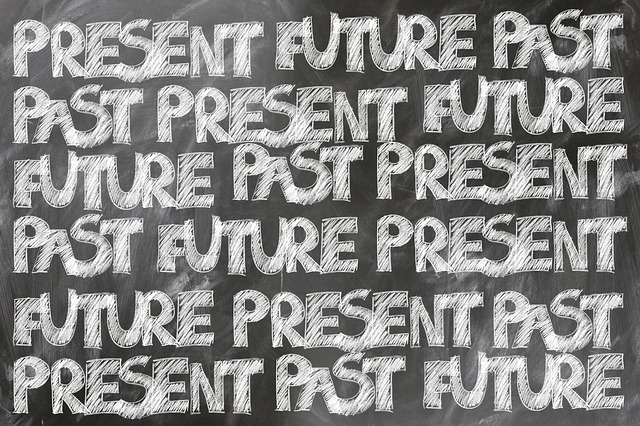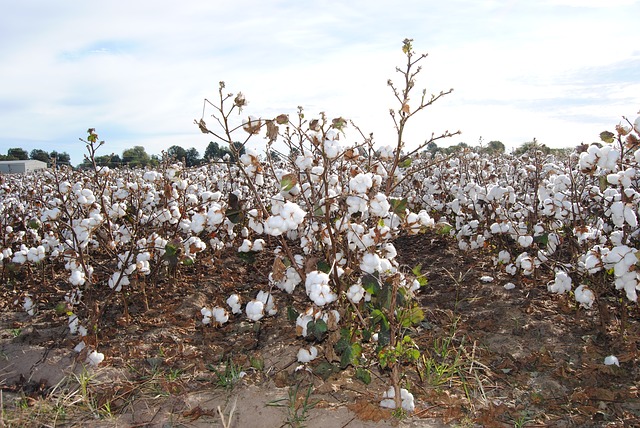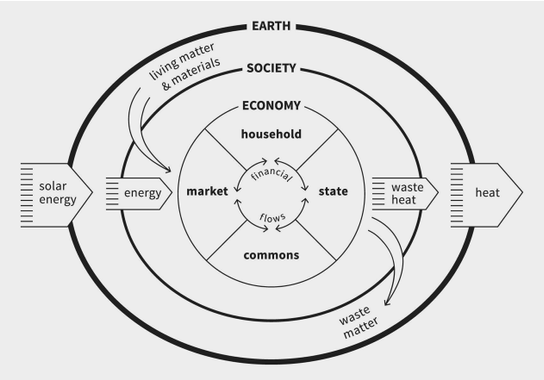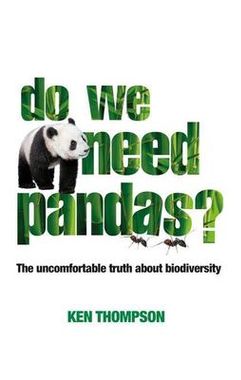
When you know your economy
The social foundation offers ample possibilities to connect financial and economic literacy, like health, education, food, water, energy and housing. These elements correspond with economic sectors in which students engage now, and will engage more when they take the next step in their lives and have responsibility for their own household budget. That is how we came up with the idea of a series of lessons called ‘Know Your Economy’.









